Discover financial empowerment resources
Discover financial empowerment resources
When you work with an investment advisor, it is important to know your rights as an investor. Available in...
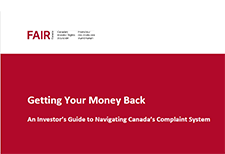
See the impact of markets ups, downs, and more based on historical data. Available in...

Wealth inequality, health and health equity is one in a series of ongoing think pieces from Wellesley Institute that aim to stimulate ideas and new conversations to create a fairer and healthier tomorrow. Canadians are struggling with the rising cost of living. A national survey in November 2023...

Momentum is a Calgary-based community organization that works with people living on low incomes and partners in the community to create a thriving local economy for all. For over 20 years, Momentum has offered matched savings programs that build financial stability by working with participants to...

The report presents a summary of CDSP annual statistics up to the end of 2022. These include the RDSP take-up rates, the number of RDSP beneficiaries, and the values of CDSB, CDSG, contributions, and total assets. Starting in 2024, the program will release comprehensive CDSP statistics on an annual...

If you’re curious about Canadians experiences with buying crypto assets, you’ll want to read the results of the OSC’s Crypto Assets 2023. It provides insights into the evolution of Canadians’ crypto ownership and knowledge. Read the 2022 crypto survey results...

There are many reasons why someone might be struggling financially. Job loss, health challenges, or a sudden financial emergency could cause hardship, preventing someone from staying afloat. In times like these, it’s not uncommon for someone to ask for help from friends or family. Before agreeing...
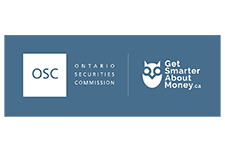
This study uses the 2022 Portrait of Canadian Society Survey to examine the impact of rising inflation on the lowest income Canadians. Using multiple pre-pandemic data sources, the study takes a closer look at people living in the bottom family income quintile, examining their family income, debt...
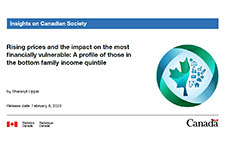
You’ve likely seen news stories about the changing value of various crypto currencies and other crypto assets. And you may be curious about whether investing in crypto could lead to a windfall. But remember that new investing technologies, like crypto trading platforms, still come with the same...

This collection of financial empowerment tools and resources is intended to support both Indigenous and non-Indigenous organizations working to build financial wellness in First Nation communities. It was created as part of the Financial Wellness in First Nations project (2021-2023) where...
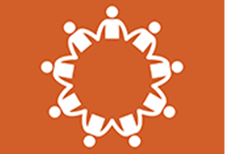
Are you considering investing in crypto assets, but aren’t sure whether it’s right for you, legal or just a scam? Test your crypto knowledge and learn how to spot the warning signs of fraud using OSC's...

Crypto products are in news stories and in a lot of advertising. But what do Canadians really know about crypto investments and how they work and how they are regulated? The OSC’s Crypto Asset Survey provides useful insights about the crypto ownership and knowledge of Canadians. Key...

This study by the Ontario Securities Commission examines Canadians’ crypto ownership and knowledge. It found 13% of Canadians currently own crypto assets or crypto funds. The study also found most Canadians did not have a working knowledge of the practical, legal and regulatory dimensions of...
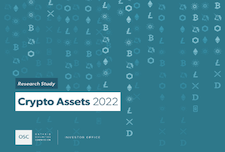
Ontario has just become the first province to open its legal gambling market to private internet gaming providers. As of April 4, 2022, Ontarians can play casino-style games online and place bets on sports, including single games, through sites regulated by iGaming Ontario. According to the...
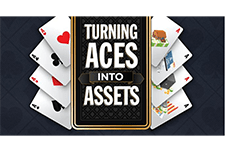
American Indian and Alaska Native (AI/AN) peoples have long faced barriers to asset building. More than half of AI/AN populations are un- or underbanked, financial services often don’t operate on reservations, and access to capital is difficult. Native peoples have been excluded from financial...

Having wealth, or a family’s assets minus their debts, is important not just for the rich— everyone needs wealth to thrive. Yet building the amount of wealth needed to thrive is a major challenge. Nearly 13 million U.S. households have negative net worth. Millions more are low wealth; they do...
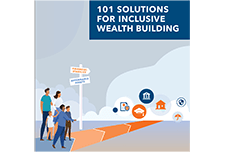
For a family living in poverty, every day is about making tough choices – to pay rent or buy groceries? Having the means to attain the basic necessities, is one thing. Having the skills, confidence and access to resources to manage finances in ways that build pathways out of poverty is something...
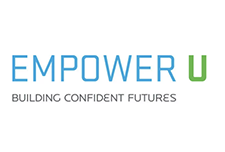
Financial empowerment consists of five complementary strategies including financial literacy and coaching; taxes and access to benefits; safe financial products; savings and asset building; and consumer protection. Empower U serves primarily as a financial literacy and coaching and savings and...

Maytree released the 2020 edition of the Welfare in Canada report. For each province and territory, this report provides data and analysis on the total welfare income that households receiving social assistance would have qualified for in 2020, including COVID-19 pandemic-related supports. Welfare...
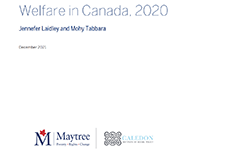
Canadians were more asset resilient just prior to the pandemic than they were at the turn of the millennium. That resilience continues to be tested as we enter the second year of the pandemic. For the purposes of this article, a household is asset resilient when it has liquid assets that are at...
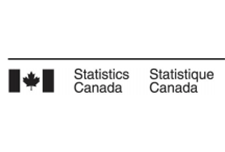
The evolution of the wealth, assets and debts of various groups of Canadians since the late 1990s has been documented in several studies. Yet little is known about the evolution of the wealth holdings of unattached men and women aged 50 and older, who make up a large part of the population. This...

The Innovations in Financial Capability report is a collaborative report by National CAPACD and the Institute of Assets and Social Policy (IASP) at Brandeis University’s Heller School for Social Policy and Management, in partnership with Hawaiian Community Assets (HCA), and the Council for Native...
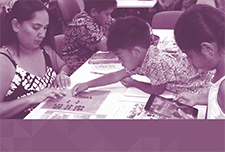
The money management courses are offered online, on demand, for free. Learn at your own pace and on your own schedule on a variety of topics, including: budgeting credit assets banking consumerism education...

Canada ranks consistently as one of the best places to live in the world and one of the wealthiest. When it comes to looking at the financial health of Canadian households, however, we are often forced to rely on incomplete measures, like income alone, or aggregate national statistics that tell...
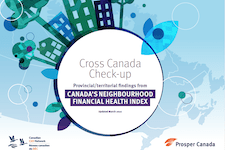
This study of data from the Distributions of Household Economic Accounts compares households' economic well-being from a macro-economic accounts perspective, as measured by net saving and net worth for each generation when the major income earner for a household in one generation reached the same...

